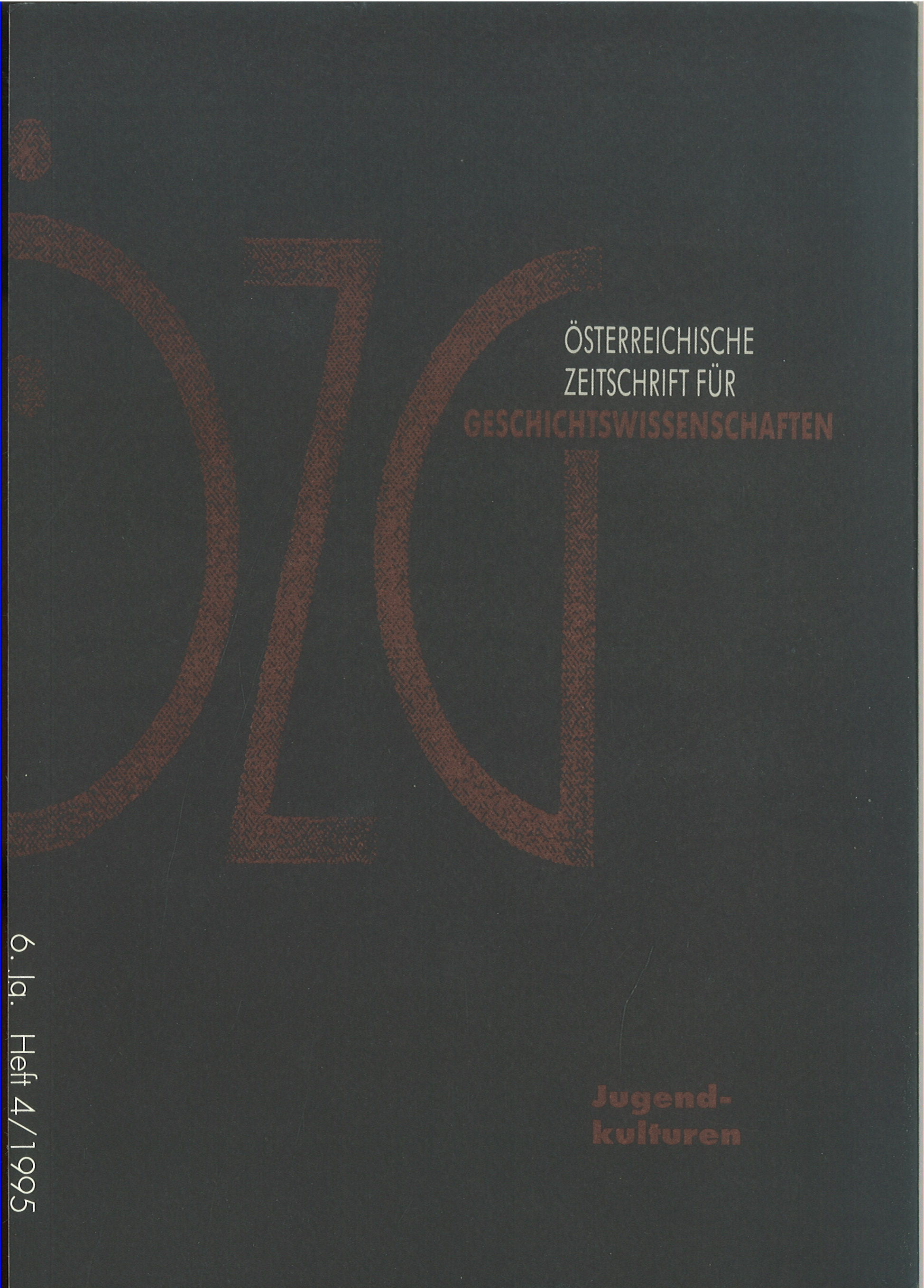Techno - The Deceit of the Object
DOI:
https://doi.org/10.25365/oezg-1995-6-4-4Abstract
The article examines some myths and prejudices concerning the techno/rave scene, which according to certain observers is conformist and apolitical and only concerned with a „celebration of the surface“. Their excessive consumption of drugs and their hour-long dancing during raves allegedly proves ravers to be pure party-consumers. Others are convinced to witness a process of asexualisation of these juveniles which goes hand in hand with a dissolution of sex differences. In contradiction to these oft-told perceptions the author of the article argues a different case. Starting from its places of origin in the USA and Great Britain one can very well identify political elements in the techno scene: production as weil as marketing are self-determined and the music itself contains a potential for social criticism. The principle of completely spending and wasting oneself on raves corresponds with the discovery of more subtle forms of sexuality, albeit a sexuality which moves along rather traditional role patterns. Quite a number of practices of this juvenile subculture seem not to be historically new, in a certain sense the movement is a rather post-modernist one, handling behavioural codes of highly industrialized societies in a playful and ironical manner.


